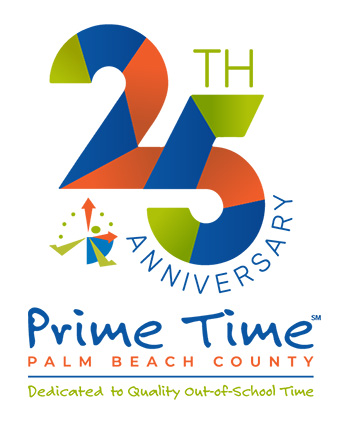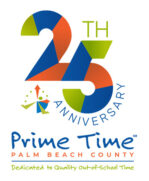9:00 am - 11:00 am
It was a great experience, I learned a lot. It gave me the opportunity to see some areas where I need to work to better my leadership and my program!
Lorena DAfterschool Professional
Well-being and STEAM: Perfect Together – VIRTUAL
Please note: This training is intended for participants who have completed Prime Time’s STEAM or Well-being and Life Skills training cohorts.
Relating in a skillful way within human interactions and to the world around us is a common thread in both well-being and STEAM activities. This training is geared for afterschool programs that are interested in bringing STEAM, well-being and life skill-building to the next level during out-of-school time. Participants will explore different strategies that empower adults and youth to deepen their resiliency skills and foster an understanding of the natural world. Tools will be provided to build reflective and critical thinking processes into lesson plans so that youth in afterschool cultivate a strong practice of inquiry in navigating their inner and outer worlds.
Upon successful completion of this training, the participant can earn up to 2 clock hours (.2 CEUs) of training.
Training Objectives
Participants will:
- Learn the art of inquiry and reflective dialogue with adults and youth
- Connect understanding of natural world experiences to intrapersonal and interpersonal skill-building and growth
- Plan lessons that integrate Well-being and Life Skills and STEAM activities
Training Outcomes
Participants will:
- Integrate reflective dialogue in both Well-being and STEAM activities
- Apply scientific inquiry in Well-being and STEAM activities
- Facilitate OST lessons incorporating three to five questions to empower youth led self-inquiry and problem-solving in real world situations
Core Knowledge, Skills and Competencies Addressed (CKSCs):
Learning Environments and Curriculum
Physical Environment and Activities
Identify – A. Recognizes the importance of creating a developmentally and culturally responsive learning environment and following a curriculum.
Apply – D. Creates engaging, physically, emotionally safe, and inclusive environments to encourage play, exploration, and learning across developmental domains.
Primary QIS Scales Addressed:
II. Supportive Environment
II-J Active Learning, II-J-1 Young people engage with materials or ideas
III. Interaction
III-M: Sense of Belonging
IV. Engaging Environment
IV-O Furthering Learning

